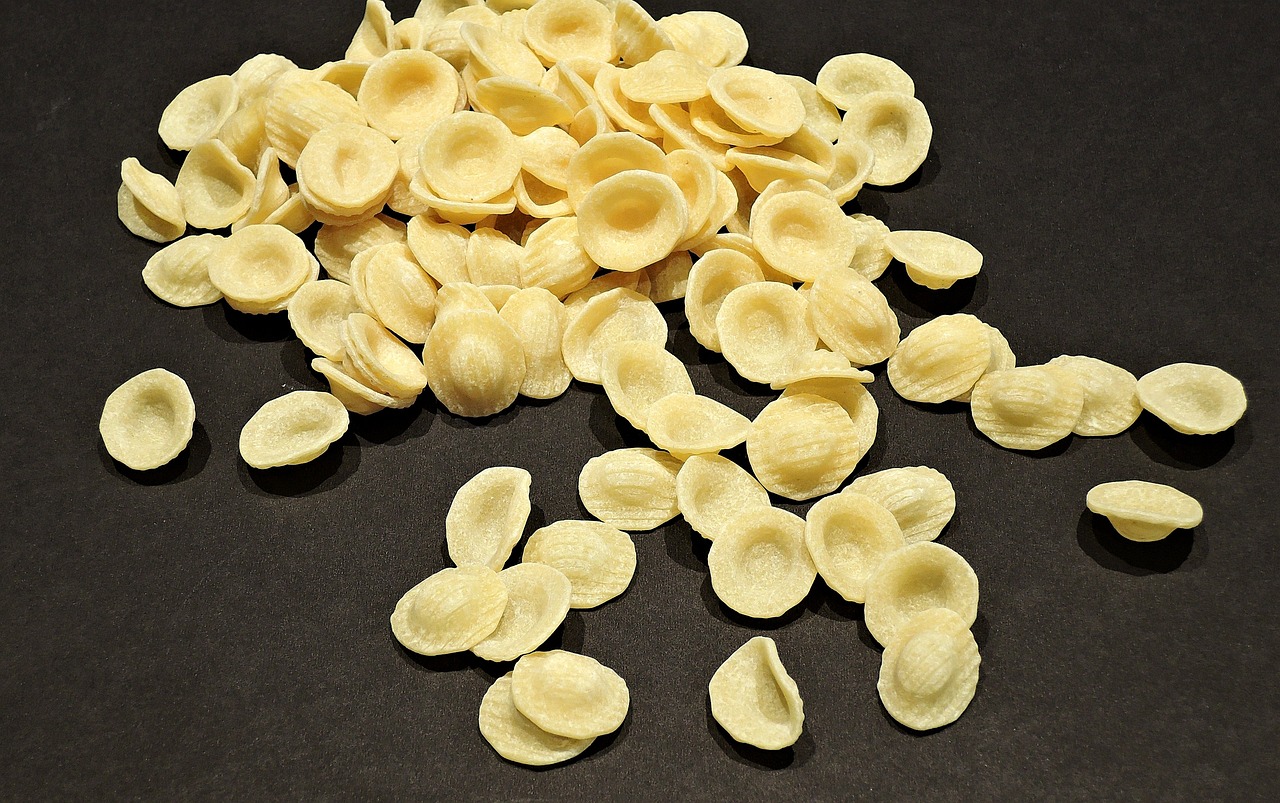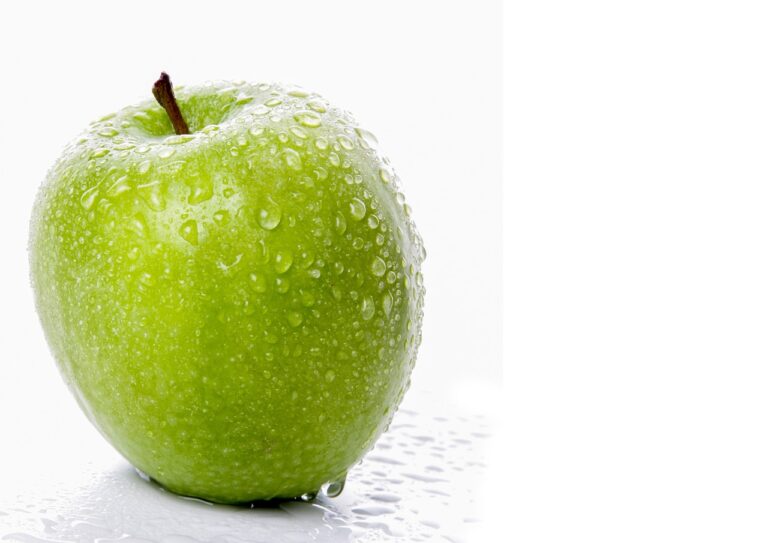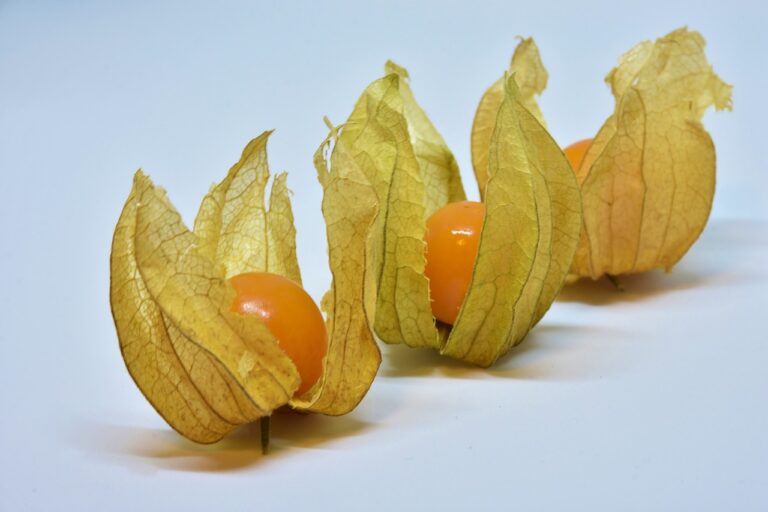The Art of Canning Fermented Vegetables: Sauerkraut, Kimchi, and Pickles
11xplay, reddy anna book, goldenexch 7777:The art of canning fermented vegetables such as sauerkraut, kimchi, and pickles is a time-honored tradition that has been passed down through generations. These fermented delights not only add a burst of flavor to your meals but also offer numerous health benefits. In this blog post, we will delve into the fascinating world of fermenting vegetables and guide you through the process of canning these delicious creations.
Introduction to Fermented Vegetables
Fermentation is a natural process in which microorganisms such as bacteria and yeast break down sugars in food to produce lactic acid or alcohol. This process not only results in tangy and flavorful vegetables but also enhances their nutritional value. Fermented vegetables are rich in probiotics, which promote gut health and boost the immune system.
Sauerkraut: The King of Fermented Vegetables
Sauerkraut is a popular German dish made by fermenting shredded cabbage with salt. The lactic acid produced during fermentation gives sauerkraut its distinctive tangy flavor. To can sauerkraut, pack the fermented cabbage into sterilized jars and process them in a boiling water bath canner. Canned sauerkraut can be stored for up to a year and makes a delicious accompaniment to sausages, sandwiches, and salads.
Kimchi: The Spicy Korean Delight
Kimchi is a traditional Korean dish made by fermenting vegetables such as Napa cabbage, radishes, and carrots with chili paste, garlic, and ginger. The combination of spicy, tangy, and umami flavors makes kimchi a versatile condiment that can be enjoyed on its own or added to soups, stews, and stir-fries. To can kimchi, pack the fermented vegetables into jars and process them in a water bath canner for long-term storage.
Pickles: The Crunchy All-American Classic
Pickles are cucumbers that have been brined and fermented with vinegar, dill, and spices. The tangy and crispy texture of pickles makes them a beloved addition to sandwiches, burgers, and charcuterie boards. To can pickles, pack the fermented cucumbers into jars with vinegar brine and process them in a water bath canner. Canned pickles can be enjoyed year-round and also make delightful homemade gifts.
Tips for Canning Fermented Vegetables
– Use fresh, high-quality vegetables for the best flavor and texture.
– Sterilize your canning jars, lids, and utensils to prevent contamination.
– Follow tested recipes and processing times to ensure the safety of your canned vegetables.
– Store canned fermented vegetables in a cool, dark place away from direct sunlight.
Frequently Asked Questions
Q: Can I use regular table salt for fermenting vegetables?
A: It is best to use non-iodized sea salt or kosher salt for fermenting vegetables, as iodized salt can inhibit the growth of beneficial bacteria.
Q: How long does it take to ferment vegetables?
A: The fermentation process can take anywhere from a few days to several weeks, depending on the type of vegetable and the temperature of the fermentation environment.
Q: Can I reuse brine from one batch of fermented vegetables to ferment another batch?
A: It is generally not recommended to reuse brine from a previous batch of fermented vegetables, as it can introduce harmful bacteria or affect the flavor of the new batch.
In conclusion, canning fermented vegetables is a rewarding and delicious way to preserve the harvest and enjoy the flavors of summer all year round. Whether you’re a fan of sauerkraut, kimchi, or pickles, the art of canning fermented vegetables offers endless possibilities for creativity in the kitchen. So go ahead, grab your canning jars and get fermenting!






